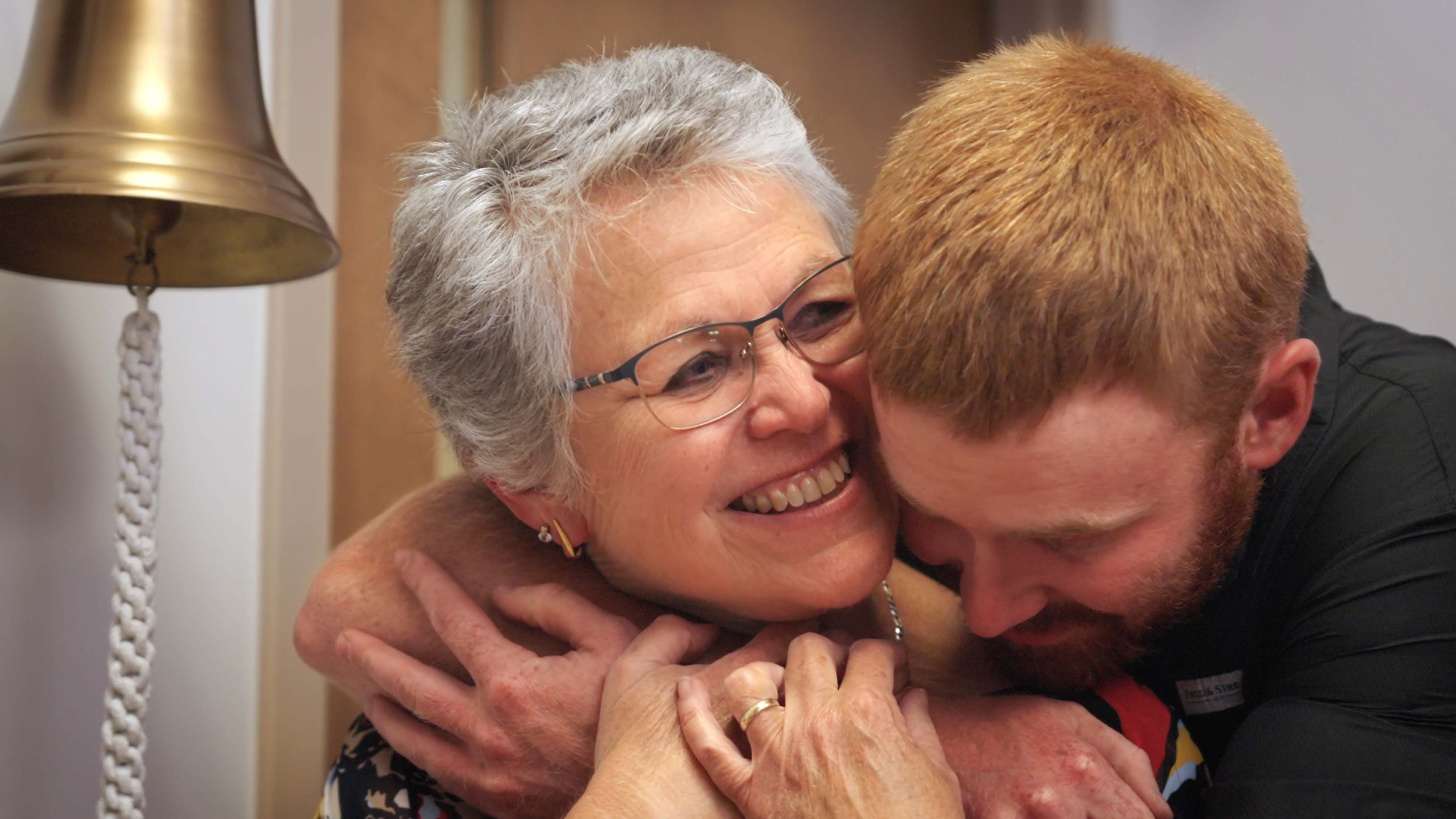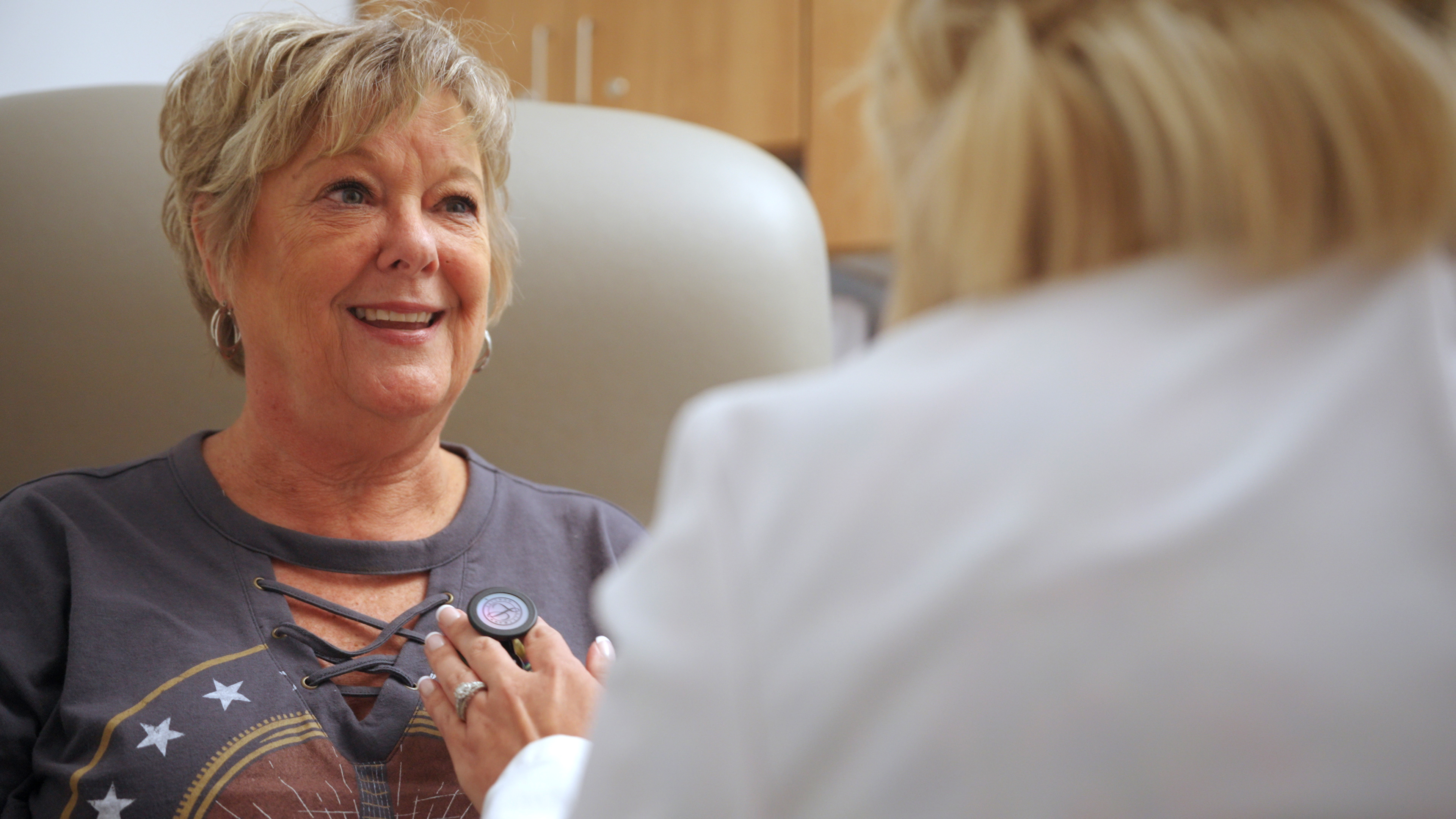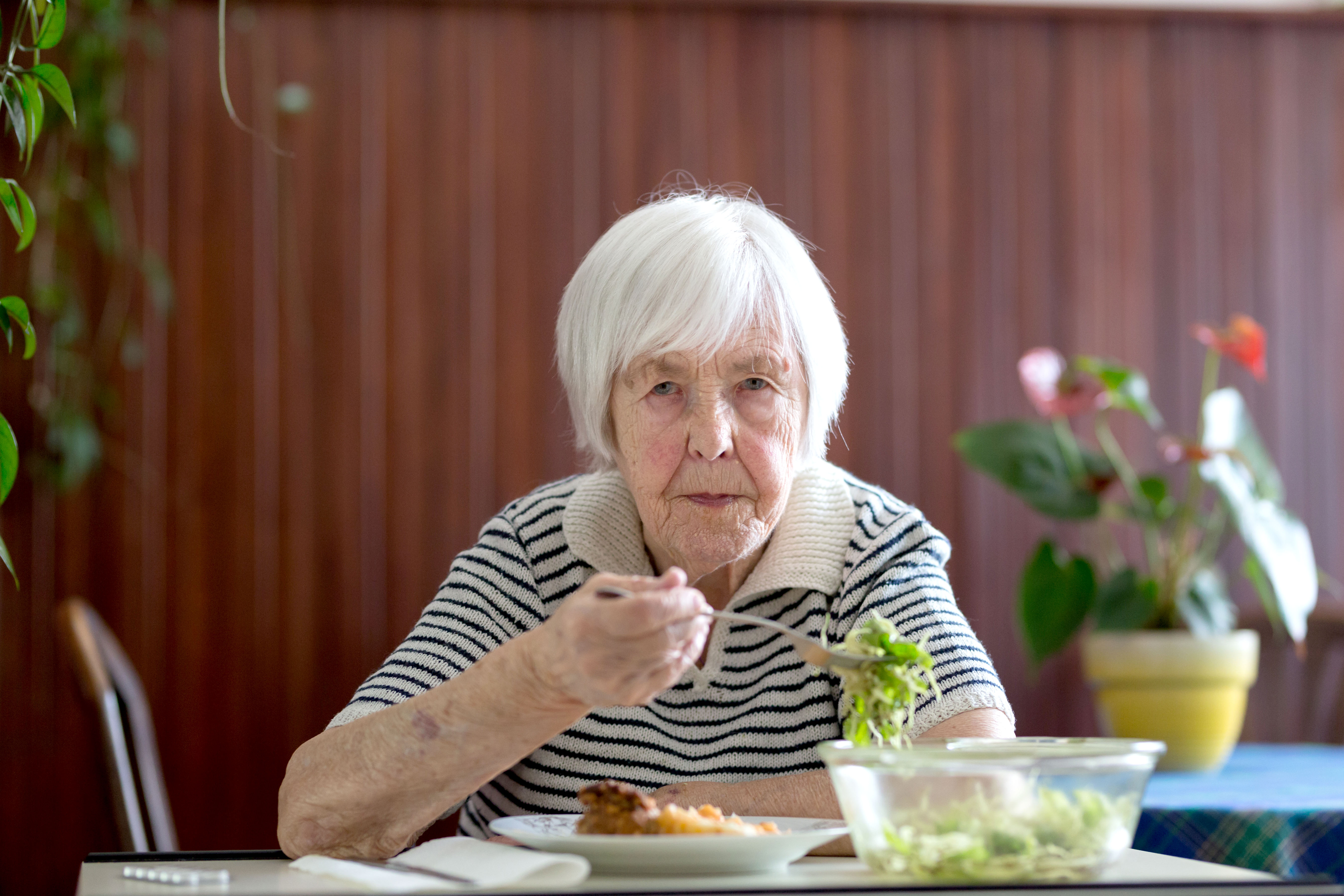Depression
Depression is a whole-body illness. It involves the body, mood, and thoughts. Depression affects the way you eat and sleep. It also can affect the way you feel about yourself and things. It’s not the same as being unhappy or in a “blue” mood. It is not a sign of personal weakness or a condition that can be willed or wished away. When you have depression, you can’t “pull yourself together” and get better. Treatment is often needed and many times crucial to recovery.
Depression has different forms, just like many other illnesses. The most common types of depressive disorders include:
- Major depression. This is a mixture of symptoms that affect your ability to work, sleep, eat, and enjoy life. This can put you out of action for awhile. These episodes of depression can happen once, twice, or several times in a lifetime.
- Dysthymia. This is a long-term (chronic) depressed mood and other symptoms that are not as severe or extensive as those in major depression. These symptoms can still keep you from functioning at “full steam” or from feeling good. People with dysthymia sometimes also have major depressive episodes.
- Bipolar disorder. This is a long-term (chronic) condition that includes cycles of extreme lows (depression) and extreme highs (hypomania or mania).
What causes depression?
There is no clear cause of depression. Experts think it happens because of chemical problems in the brain. Many factors can play a role in depression. These include environmental, mental health, physical, and inherited factors.
Some types of depression seem to run in families. But no genes have yet been linked to depression.
Women have depression about twice as often as men. Many hormonal factors may add to the increased rate of depression in women. This includes menstrual cycle changes, premenstrual syndrome (PMS), pregnancy, miscarriage, postpartum period, perimenopause, and menopause. Many women also deal with additional stresses such as responsibilities both at work and home, single parenthood, and caring for both children and aging parents.
Many women are especially at risk after giving birth to a baby. Women have hormonal and physical changes on top of the added responsibility of caring for a baby. These can lead to postpartum depression in some women. The “baby blues” are common in new mothers and last a week or two. A full-blown depressive episode is not normal and needs treatment.
For more information on SBL Women's Health, or to schedule an appointment, call 217-258-4030.
For more information on this topic, visit our Health Library.









